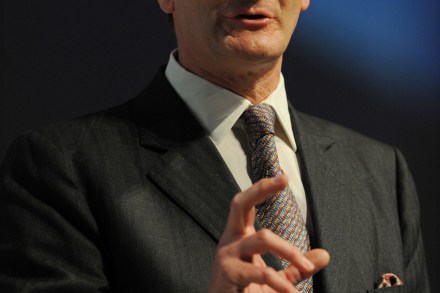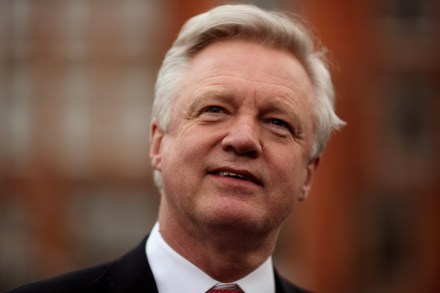The Bill of Rights would be useless anyway
I would like to defend the coalition from allegations that there has been a deplorable Tory concession on the Human Rights Act. Tearing it up was never in the Tory manifesto. Dominic Grieve, who drafted the Tory plan, is one of those lawyers who is rather passionate about the European Convention of Human Rights (ECHR) and praised it in his maiden speech. I had many conversations with him about this: for Britain to pull out of it, he said, would send an “odd” signal to the countries on the fringes of Europe whom we were trying to pull into our orbit. Grieve’s plan was to propose a Bill of Rights




















